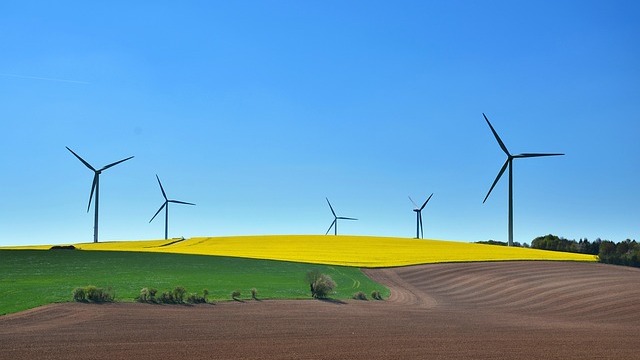
Understanding GreenOps: The Future of Sustainable Cloud Computing
In an age where the digital realm intertwines deeply with our physical environment, the conversation around sustainability in cloud computing is more pertinent than ever. GreenOps, short for Green Operations, has emerged as a crucial approach to minimizing the carbon footprint of cloud environments. Contrary to popular belief, public cloud data centers can have a significantly larger carbon footprint than industries known for their high emissions, like air travel. With a single public data center consuming as much electricity as 50,000 homes, the need for sustainable practices cannot be overstated.
Why GreenOps Is Essential for Modern Businesses
As data shows that public clouds now rival the carbon footprint of the airline industry, companies are under increasing pressure from consumers and regulatory bodies to adopt more sustainable practices. The European Union's recent guidelines, like the Energy Efficiency Act, require organizations to report on carbon emissions and aim for significant reductions. These regulations pave the way for concepts such as GreenOps to play a central role in corporate responsibility toward sustainability.
GreenOps Meets FinOps: A Synergistic Approach
At its core, GreenOps aligns closely with FinOps—the practice of financial operations to enhance efficiency. Both aim for improved cloud usage, leading to lower costs and emissions. The overlap is substantial, as methods used in FinOps, such as storage tiering and right-sizing, directly contribute to a reduced carbon footprint. As prominent leaders in the tech industry suggest, optimizing for cost can be a reliable proxy for enhancing sustainability. Companies leveraging both practices could realize considerable benefits, fostering a mutually reinforcing cycle of sustainability and cost-effectiveness.
The Road Ahead: Sustainability as a Business Imperative
As we look toward the future, the pressures for sustainability are not just regulatory; they also stem from consumer demand and investor expectations. Individuals and businesses alike are becoming more conscious of their environmental impact, prompting companies to evaluate their carbon emissions critically. Investment in sustainable technologies, such as innovative cooling systems that use water instead of air, can reduce carbon footprints by up to 95%. These environmental efficiencies set the stage for firms to thrive in an economy increasingly centered on sustainability.
Actionable Steps Toward a Sustainable Cloud
Organizations eager to harness the power of GreenOps can follow specific actionable steps:
- Monitor Carbon Emissions: Utilize carbon monitoring tools like Cycloid’s GreenOps, SAP’s Green Ledger, and Google’s Carbon Footprint tool to measure current emissions and identify reduction opportunities. Understanding existing inefficiencies is critical for improvement.
- Architect Workloads for Efficiency: When deploying workloads, select cloud regions with a lower carbon intensity. For instance, certain AWS and Google Cloud regions utilize 100% renewable energy, making them preferable choices for environmentally-conscious organizations.
- Optimize Data Transfer: Minimize data transfer between regions; this can not only reduce operational costs but also decrease carbon emissions significantly.
Embracing a Sustainable Future Through Investment
For individual investors and family offices, understanding these sustainable practices opens up investment opportunities in sectors such as Green Banks and Green Bonds. Impact investment is on the rise, with a focus on ESG (Environmental, Social, and Governance) factors, which are essential in determining the viability of sustainable projects. Sustainable finance technologies are paving the way for blended finance approaches that fund regenerative agriculture and green initiatives effectively. As businesses adopt GreenOps, they position themselves not only as pioneers in sustainability but also attract investors looking to align their values with their portfolios.
Why It Matters
Incorporating sustainability into business practices represents more than just compliance with regulations; it signals a shift in corporate consciousness and responsibility. As public and private sectors collaborate to address environmental issues, the integration of GreenOps and FinOps establishes a framework where businesses can thrive, socially and economically. The modern investor should recognize that sustainability isn’t just a trend; it’s a pathway to resilience and long-term success.
To truly lead the way toward a sustainable future, it’s imperative for organizations to act now—leveraging both GreenOps and FinOps for a cleaner, more cost-effective cloud environment. The journey towards sustainability is complex, but by making informed decisions, businesses can significantly influence their impacts on our planet.
 Add Row
Add Row  Add
Add 




 Add Row
Add Row  Add
Add 

Write A Comment